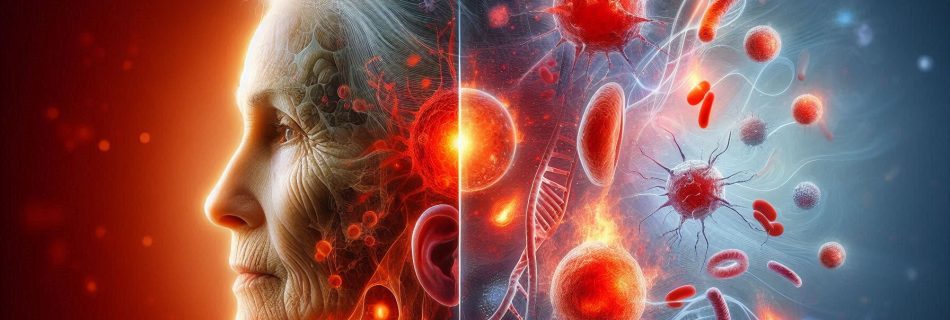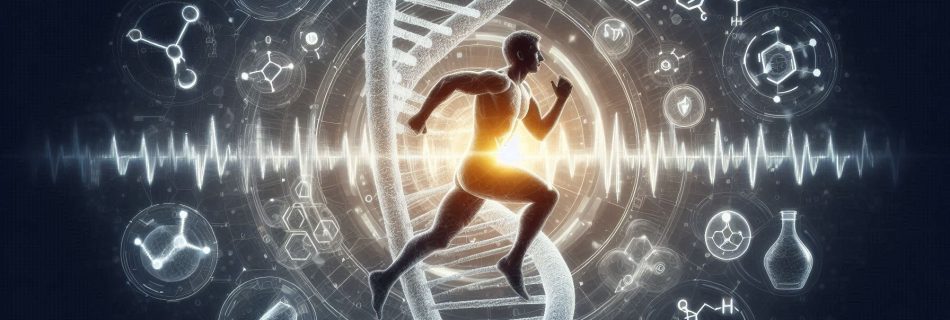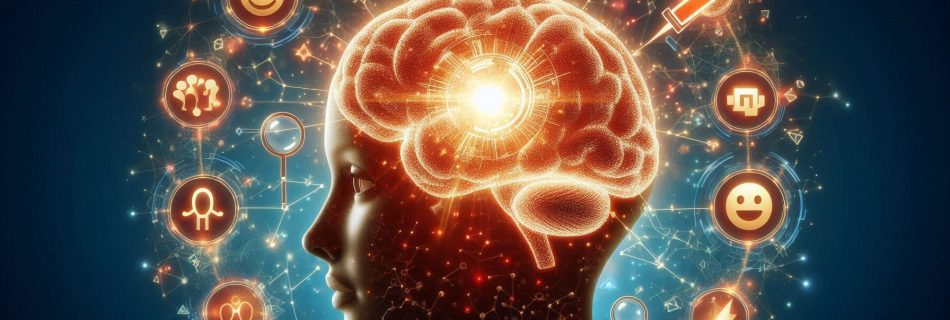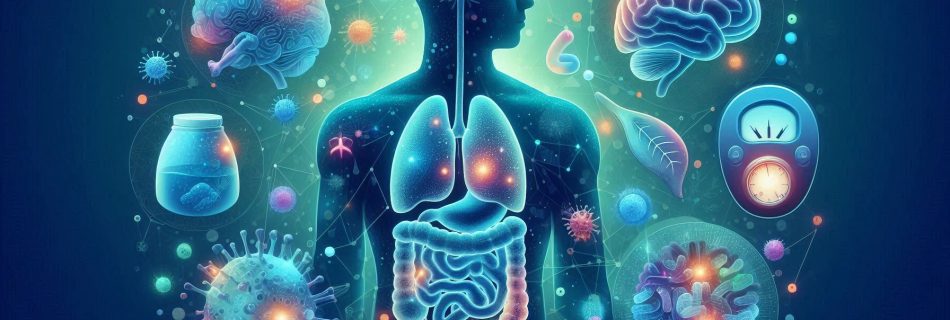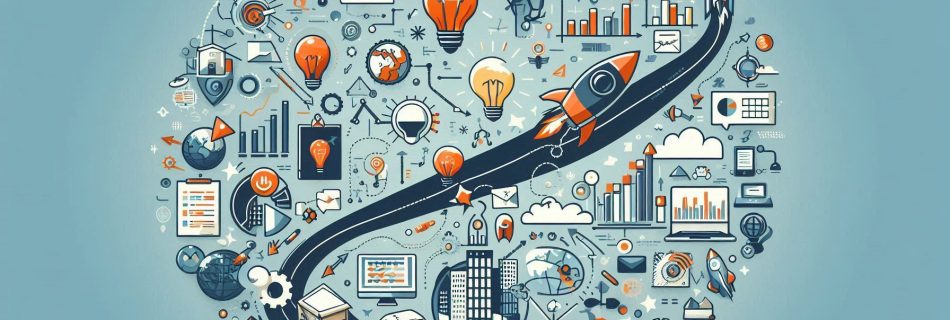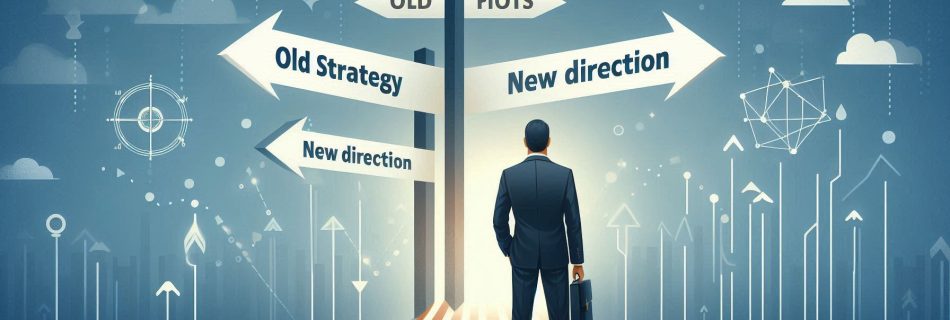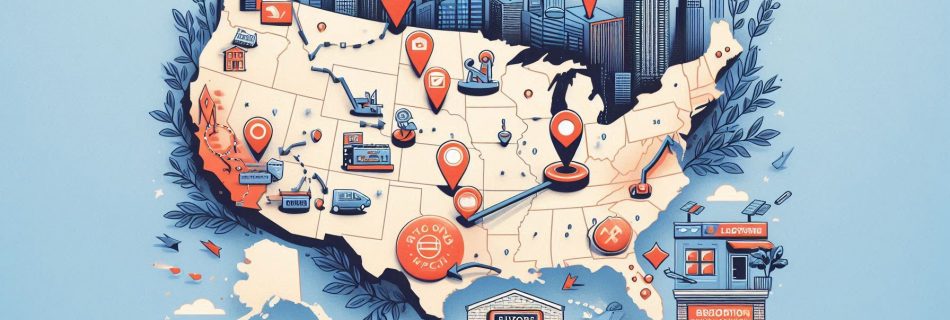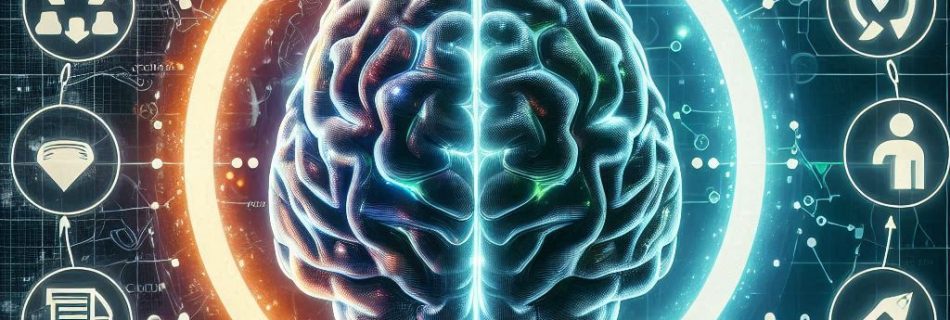What Is “Inflammaging”? The Science of Chronic Inflammation and Aging
The term “inflammaging” is a combination of two key concepts: inflammation and aging. This term refers to the low-grade, chronic inflammation that gradually develops as part of the aging process. As individuals age, the body’s immune system tends to become dysregulated, leading to a persistent, subclinical inflammation. Although this inflammation is not always visible or …
Read more “What Is “Inflammaging”? The Science of Chronic Inflammation and Aging”
